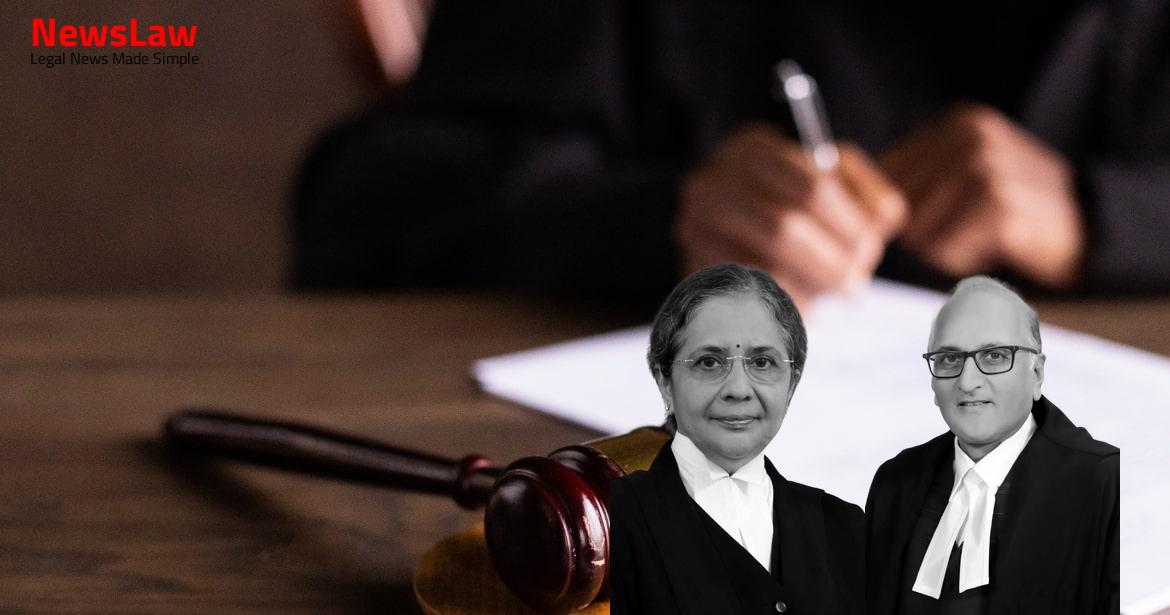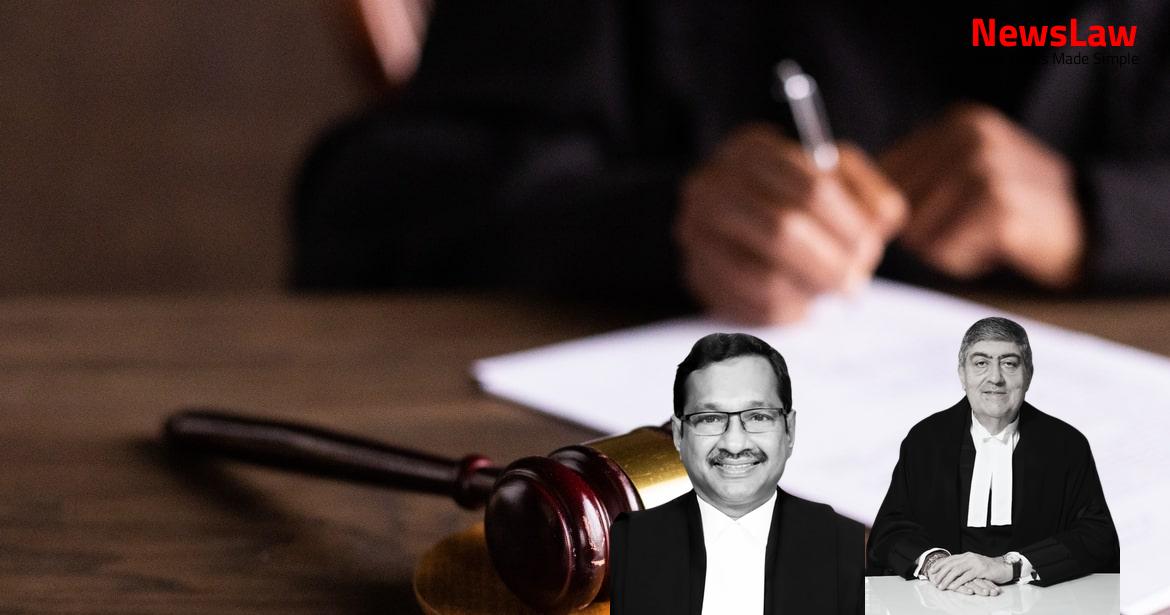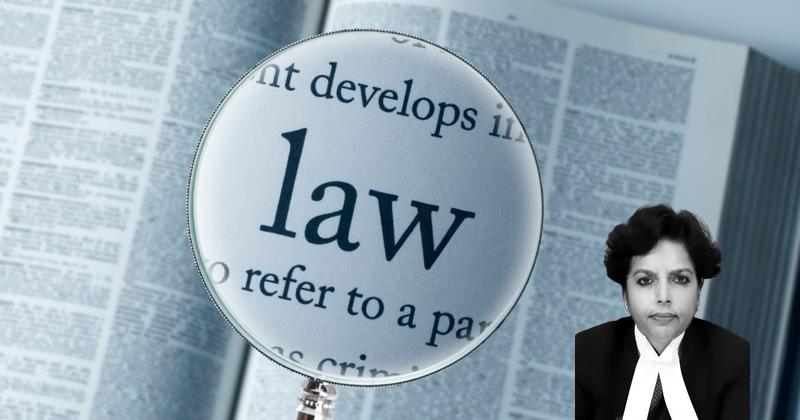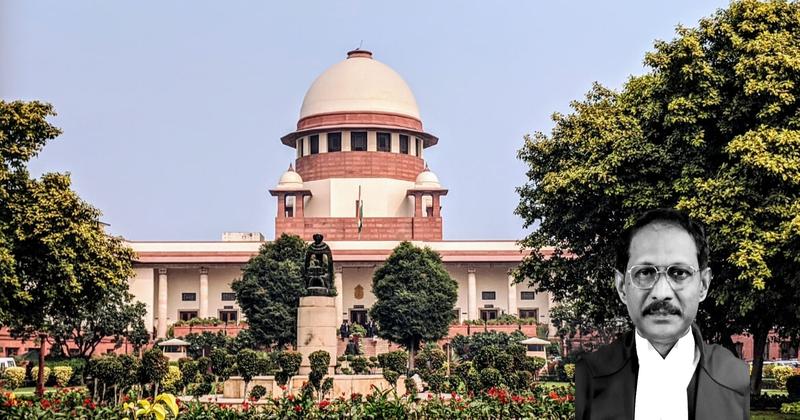Delve into the comprehensive legal analysis provided by the Court regarding the commutation of death sentence to life imprisonment based on delays in the disposal of mercy petitions. The focus is on the nuanced discussion of supervening circumstances and the impact of undue delays on the execution of death sentences. This case sheds light on the legal complexities involved in cases of commutation and highlights the importance of timely judicial decisions in capital punishment cases.
Facts
- A review petition was filed after the decision of the Constitution Bench in Mohd. Arif alias Ashfaq v. Registrar, Supreme Court of India & Others, (2014) 9 SCC 737, which was also dismissed.
- A Civil Writ Petition was filed by the appellants citing undue delay in disposing of their Mercy Petitions as grounds for commutation of death sentence to life imprisonment, which was dismissed by a Single Judge of the High Court.
- The appellants challenged the Single Judge’s decision by filing Letters Patent Appeal Nos.1395 and 1397 of 2019.
- The Division Bench of the High Court concluded that the intra-Court appeal under the Letters Patent would not be maintainable based on the decision in Ram Kishan Fauzi v. State of Haryana & Others, (2017) 5 SCC 533.
- A Special Leave Petition (Criminal) No.9875 of 2019 was filed by the appellants challenging the Single Judge’s decision in dismissing Civil Writ Petition No.21274 of 2016.
- Various legal representatives appeared for the appellants, Union of India, and the State in the appeals.
- The matter of supervening circumstances due to delays in disposing of mercy petitions was considered in the case of Shatrughan Chauhan & Another v. Union of India & Others, (2014) 3 SCC 1 by a three-Judge bench of the Court.
- Five ‘Supervening Circumstances’ were discussed in detail in the judgment, including the issue of ‘delay’.
- The final judgment and order of the Division Bench of the High Court in Letters Patent Appeal Nos.1397 of 2019 and 1395 of 2019 dated 19.08.2019 are being challenged by the appellants.
- The appellants were tried for various serious offences in the Court of Sessions Judge, Hoshiarpur, and were ultimately sentenced to death, which was confirmed by the Supreme Court.
- The Supervening Circumstance of ‘unexplained delay’ was highlighted as grounds for commutation of death sentence to life imprisonment, applicable to various types of cases including offences under TADA.
Also Read: Electoral Malpractices in Mayor Election
Analysis
- The Three-Judge Bench would consider a review arising from the case.
- Writ petitions based on unexplained delay in mercy petitions or commutation applications would reopen the case on merits.
- The High Court Division Bench was requested to dispose of pending appeals within three months.
- Undue delay in execution of death sentence violates Article 21 and can be grounds for commutation.
- No exhaustive guidelines for determining undue or unreasonable delay can be framed.
- A distinction was made between original proceedings leading to death sentence and writ petitions based on delay.
- Reopening the case on merits is not within the jurisdiction of the Court under Article 32.
- Writ petitions based on delay are independent of the earlier determination of guilt in regular proceedings.
- Listing matters before a Single Judge with further intra-Court appeals can lead to delays
- Division Bench of the High Court was wrong in considering the Letters Patent Appeal as not maintainable
- The matter has been seen by a Division Bench and a three-Judge Bench in the Supreme Court
- Second round of consideration should be done by a Division Bench of the High Court promptly
Also Read: Balancing Power and Transparency: Electoral Bonds Struck Down, Disclosure Mandated
Decision
- The instant appeals are allowed, allowing for a second round of litigation based on alleged delay or other grounds in disposal of mercy petition or application for commutation.
- High Courts are advised to list original writ petitions before the Division Bench for consideration if the concerned Rules or Procedure permit.
- Special Leave Petition No. 9875/2019 is disposed of, allowing the appeal and remitting the matter for fresh consideration by the Division Bench.
- The Letters Patent Appeals are restored to the file of the High Court, with copies of the Order to be sent to all High Courts.
- According to the Code of Criminal Procedure, 1973, any death sentence award must be confirmed by the High Court and the matter will lie before a Division Bench.
- Subsequent appeals after confirmation of death sentence by the High Court will be heard by a three-Judge Bench of the Supreme Court.
- Pending applications are disposed of in view of the orders passed in the appeals arising from the decision of the Division Bench.
Also Read: Recall of Resolution Plan Approval: Legal Analysis
Case Title: JASBIR SINGH @ JASSA Vs. THE STATE OF PUNJAB (2021 INSC 858)
Case Number: Crl.A. No.-001596-001597 / 2021



